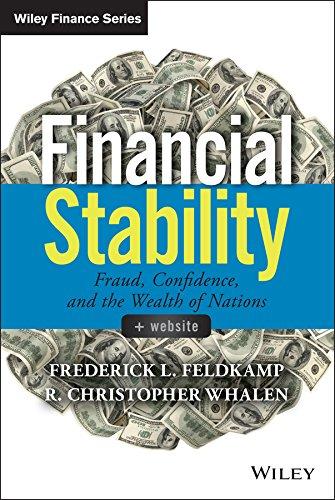Answered step by step
Verified Expert Solution
Question
1 Approved Answer
Financial Analysis Exercise # 2 ( 1 0 0 Points ) Background The S&P 5 0 0 is a market index that also defines firms
Financial Analysis Exercise # Points
Background
The S&P is a market index that also defines firms into sectors industries that contain specific
firms. A link is provided below with the standard sectorindustry breakdown used by the S&P
The S&P identifies ten different sectors and industries within each sector:
Consumer Discretionary Industries
Consumer Staples Industries
Energy Industries
Financials Industries
Health Care Industries
Industrials Industries
Information Technology Industries
Materials Industries
Telecommunication Service Industries
Utilities Industries
If you go to the link above, it will allow you to see each industry within the sectors Sector analysis
is fundamental to managing an investment portfolio that provides returns that are superior to
market returns. This requires an understanding of the current economic conditions, forecasts
about the future, and consensus forecasts about future earnings prospects within
sectorsindustries and specific firms.
Requirements
Exercise # is due by the end of Module In this exercise, you will need to select to sectors
and then industry within each sector to that you think will outperform the S&P over the next
year.
In order to meet all the requirements for the financial analysis exercise # you are required to
complete the following tasks:
Identify sectors and industry:
The exercise # requires you to identify to sectors and industry within each sector
that will be used complete this exercise. The sectors selected should be on the basis of
their past behavior that was pro cyclical, counter cyclical or a neutral sector
sectorindustry The best place to start would be to scan the firms in each industry and
look for familiar names from your own consumer experience or other sources. Then, roll
back up to the industry and sector.
Perform fully analysis:
The first part of the analysis is to perform a SWOT analysis on each sectorindustry
selected. Identifying its strengths, weakness, opportunities and threats. Look at the sector,
such as utilities, they are neutral. People always need to electricity, water and gas. They
are all highly regulated industries. A SWOT analysis might indicate that their strength is
stability and neutrality but it would also be a threat to future growth and earnings
potential. Opportunities could be to expand their base or acquire other firms, which
could also be threat. Keep it simple but be thoughtful and provide perspective and
insight.
Analyze past performance:
This will require you to research on past performances during recessions and periods of
growth, which will help you determine whether they are pro, counter, or neutral sector
cyclically. This type of information should be readily available from numerous reliable
internet sources, which includes: S&P investment firms, but no Wikipedia or other nonacademically acceptable sources. Graphs should be readily available from these
sources but any graphs should be sighted as to the source.
Present research on future economic scenarios:
Another source of information would be consensus forecasts of the sector and industry
performance. Many investment firms publish their predictions of earnings by firm, industry
and sector. Do not rely on a single source but bring together the broad view of as many
sources as possible.
Demonstrate why these particular sectorsindustries will outperform the overall market:
The last part of this particular project is to demonstrate why these particular
sectorsindustries will outperform the overall market. This requires understanding some of
the key drivers in the industry such as consumer spending, consumer spending on
durable products. This further requires using a combination of the historic data and
interpolation about those relationships and how they will impact the industry in the future.
For example, for this section if Consumer Discretionary sector were chosen and the
industry Hotels, Restaurants and Leisure, there are likely parts of that industry that are
counter cyclical such as McDonalds in the restaurant industry. They typically perform
better in low growth or recessionary times while Chilis and other sit down restaurants
generally see a slowdown.
Step by Step Solution
There are 3 Steps involved in it
Step: 1

Get Instant Access to Expert-Tailored Solutions
See step-by-step solutions with expert insights and AI powered tools for academic success
Step: 2

Step: 3

Ace Your Homework with AI
Get the answers you need in no time with our AI-driven, step-by-step assistance
Get Started


